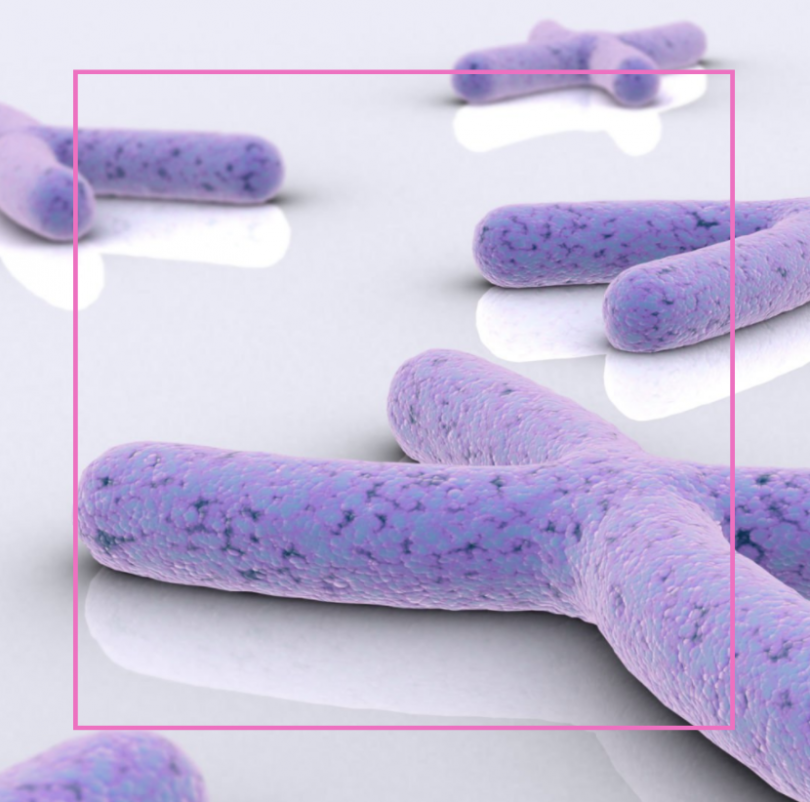Telomeres, DNA structures known to govern cell longevity, are believed to be weakened by glycation.
Telomeres are DNA sequences located at the end of chromosomes that they protect.
Like a biological chronometer, the rate at which telomeres decrease in size determines the lifespan of cells. Short telomeres are associated with reduced longevity and a high risk of age-related diseases.
Work on telomere and telomerase mechanisms was awarded the Nobel Prize for Medicine in 2009.
In addition to their genetic factor, the size of telomeres is influenced by exogenous factors, lifestyle, diet… etc.
A study conducted in 2020 highlighted a potential relationship between sugars, glycation and telomere shortening. The erosion of telomeres would be aggravated by a high concentration of advanced glycation products (AGEs). The supposed mechanism of action involves the production of pro-inflammatory metabolites (1).
© AGE Breaker update 03 2021
[Glycation is one of the major causes of aging. Resulting from the fixation of sugars on the proteins constituting the organism, glycation generates toxic compounds that cause cellular aging. Glycation is particularly involved in metabolic disorders, skin aging and cognitive decline.] [AGE BREAKER, patented nutritional supplements, based on rosmarinic acid, recognized by aging specialists around the world for their properties to reverse the effects of glycation.]More on www.agebreaker.com
#agebreaker #glycation
(1) P. Deo et Al: Advanced glycation end-products accelerate telomere attrition and increase pro-inflammatory mediators in human WIL2-NS cells.
Mutagenesis, 2020 Jul 11;35(3):291-297. doi: 10.1093/mutage/geaa012.









